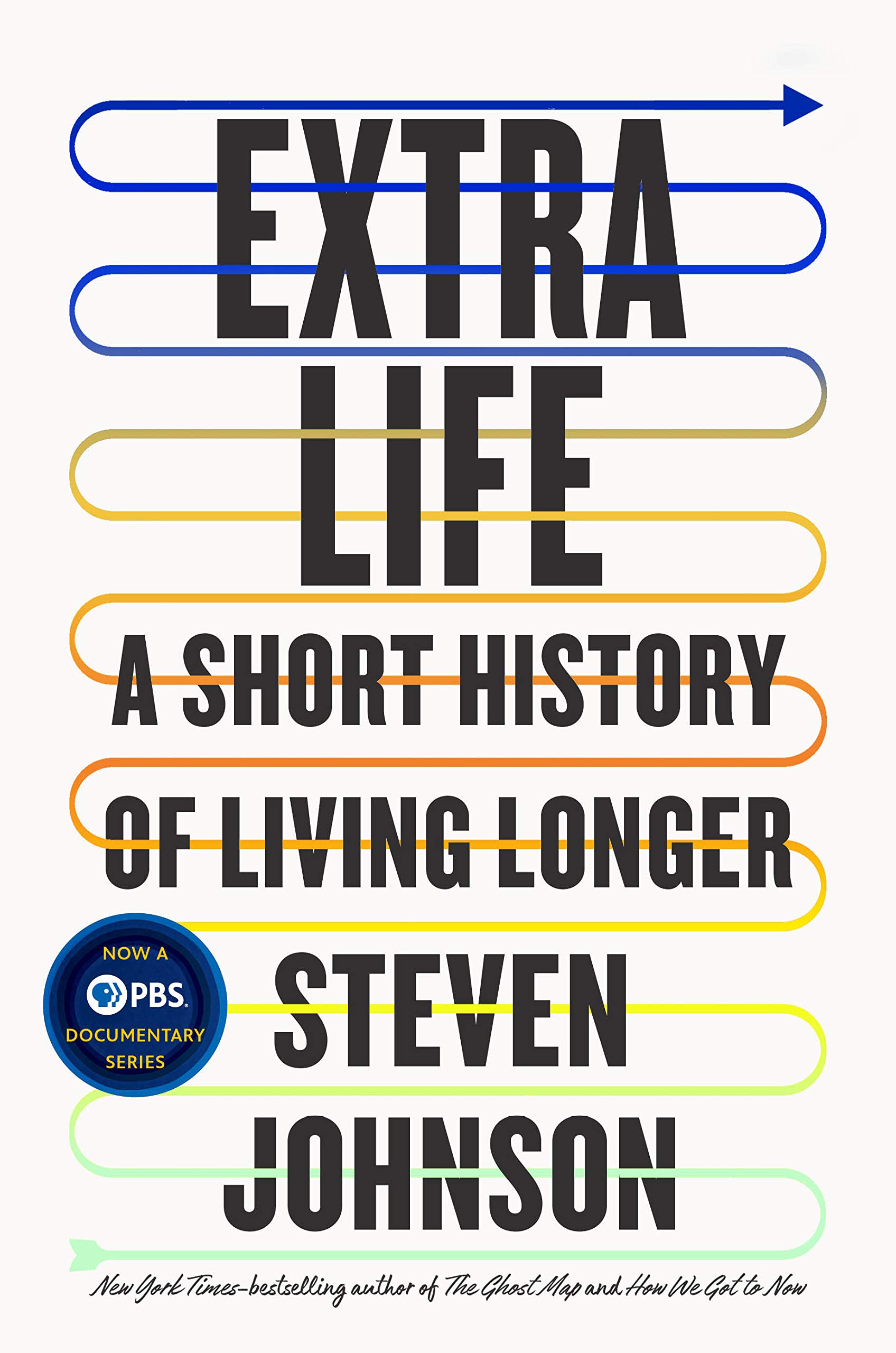“Offers a useful reminder of the role of modern science in fundamentally transforming all of our lives.” —President Barack Obama (on Twitter) “An important book.” —Steven Pinker, The New York Times Book Review Now also a PBS documentary series: the surprising story of how humans gained what amounts to an extra life, from the bestselling author of How We Got to Now and Where Good Ideas Come From As a species we have doubled our life expectancy in just one hundred years. All the advances of modern life—the medical breakthroughs, the public health institutions, the rising standards of living—have given us each about twenty thousand extra days on average. There are few measures of human progress more astonishing than our increased longevity. This book is Steven Johnson’s attempt to understand where that progress came from. How many of those extra twenty thousand days came from vaccines, or the decrease in famines, or seatbelts? What are the forces that now keep us alive longer? Behind each breakthrough lies an inspiring story of cooperative innovation, of brilliant thinkers bolstered by strong systems of public support and collaborative networks. But it is not enough simply to remind ourselves that progress is possible. How do we avoid decreases in life expectancy as our public health systems face unprecedented challenges? What current technologies or interventions that could reduce the impact of future crises are we somehow ignoring? A study in how meaningful change happens in society,
Extra Life is an ode to the enduring power of common goals and public resources. The most fundamental progress we have experienced over the past few centuries has not come from big corporations or start-ups. It has come, instead, from activists struggling for reform; from university-based and publicly funded scientists sharing their findings open-source-style; and from nonprofit agencies spreading new innovations around the world.
In his thought-provoking book, "Extra Life: A Short History of Living Longer", Steven Johnson delves into the fascinating history of human longevity, exploring the scientific advancements, cultural shifts, and societal changes that have contributed to our increased lifespan.
Johnson takes readers on a captivating journey through the ages, highlighting key medical breakthroughs, public health initiatives, and lifestyle choices that have shaped our understanding of aging and mortality. He examines the role of nutrition, sanitation, vaccination, and antibiotics in reducing the prevalence of infectious diseases, as well as the impact of improved working conditions and access to healthcare on overall well-being.
The author also delves into the biological mechanisms of aging, exploring the latest research on genetics, epigenetics, and cellular senescence. He discusses the potential of emerging technologies, such as gene editing and stem cell therapy, to further extend human寿命.
Johnson argues that the pursuit of extra life is not merely about adding more years to our existence but about enhancing the quality of those years. He emphasizes the importance of lifelong learning, social engagement, and maintaining a sense of purpose as key factors in leading a fulfilling and healthy life.
"Extra Life: A Short History of Living Longer" is a comprehensive and engaging exploration of human longevity. Through a combination of historical anecdotes, scientific insights, and thought-provoking analysis, Johnson provides a deeper understanding of the factors that have shaped our lifespan and offers a glimpse into the future of aging.
